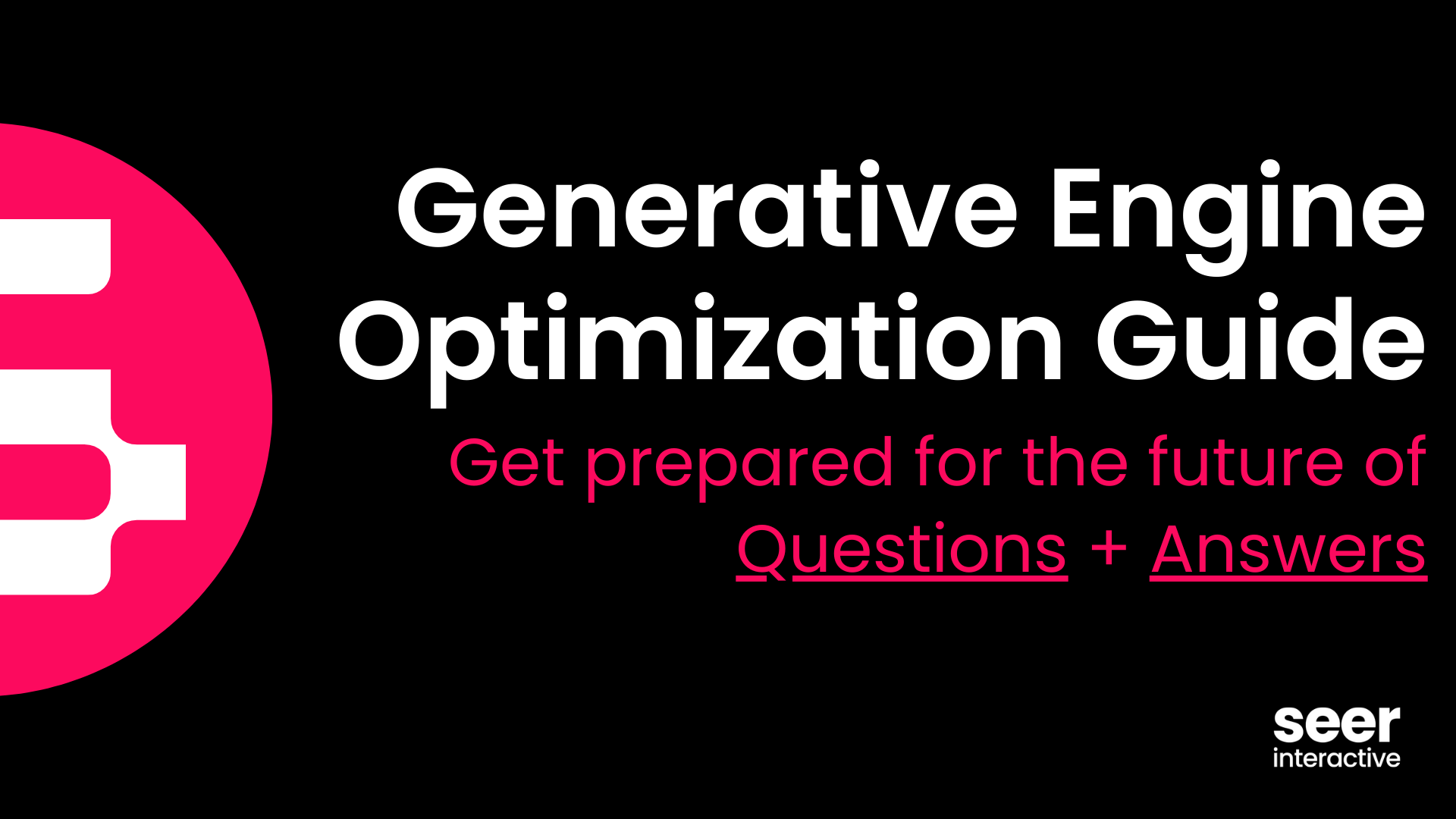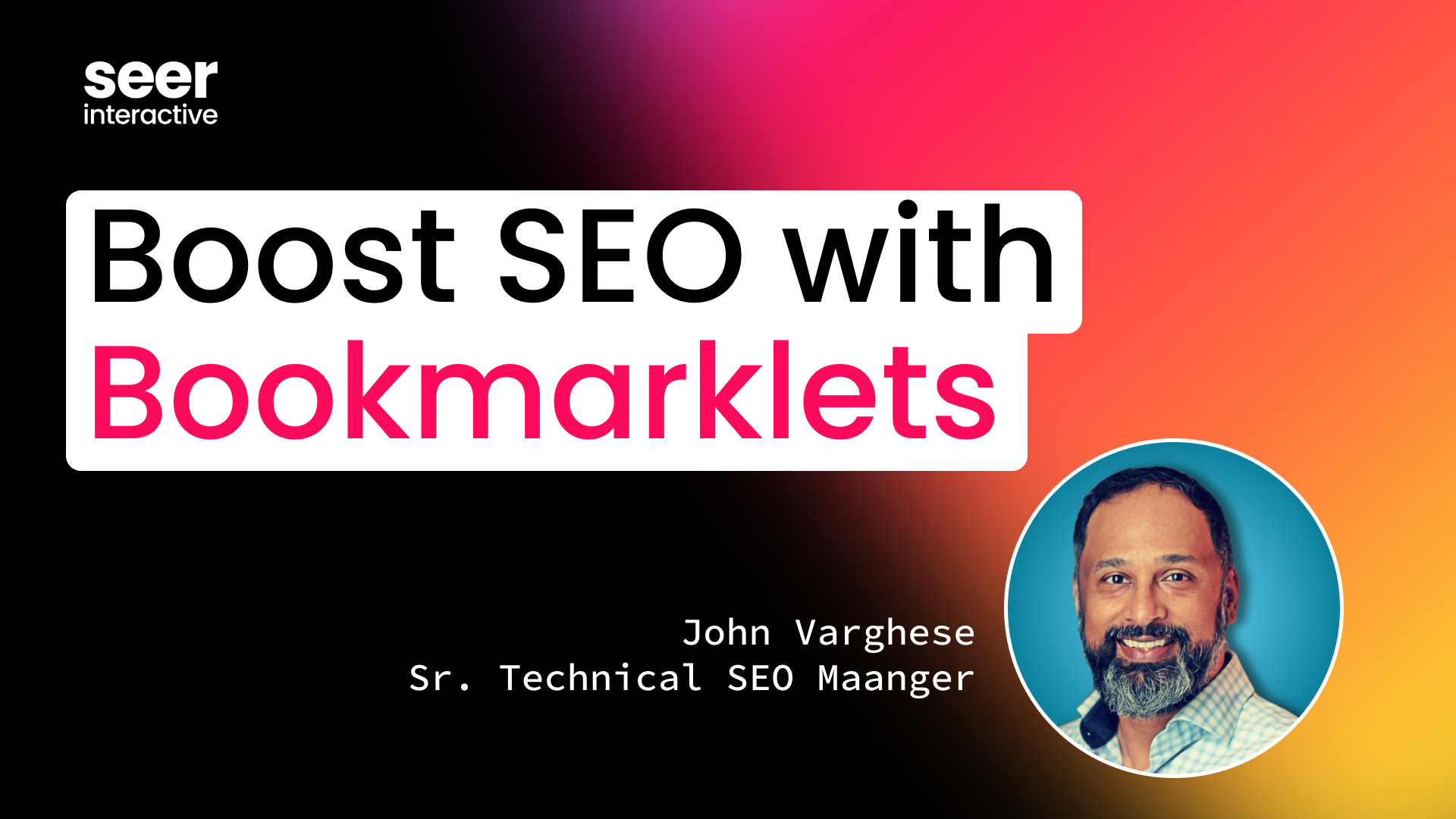Prefer to listen instead of read?
Click the play button below to listen to a narration of this article.
No doubt about it, ChatGPT is one of the biggest web innovations we’ve seen in the last decade. The AI chat bot is showing the general public the potential of AI assistance like nothing has before. It’s no wonder people are excited! The possibilities seem endless, and this is just the beginning. It feels like we’re witnessing a major shift in how AI can fit into our daily lives.
ChatGPT is a B-level MBA student. It passed the United States Medical Licensing Exam. Alright, it can’t quite do rocket science yet, but hey, who’s perfect? The creator of Gmail went so far as to say that it will “eliminate” the SERP, “destroying the most valuable part of [Google’s] business”.
Hold up. Do we really believe that ChatGPT is going to destroy Google? I don’t buy it.
The first-mover disadvantage means emerging, original tech products are destined to become features on established platforms.
There are plenty of times when being the first to market didn’t pay off in the long run.
Remember Meerkat and Periscope? Yeah, once they got popular enough Facebook took that live stream video concept and turned it into Facebook Live right on their platform.
When Snapchat started to catch on, Instagram (and subsequently Facebook) introduced Stories as a response. TikTok managed to hold strong in the face of Reels and YouTube Shorts, but we’ve already seen Google and other platforms shift to more visually focused content delivery.
[TIP] ChatGPT -- and the public’s response to it -- is the best free user research Google could have ever asked for.
It seemed like Google was caught a little flat-footed when ChatGPT first came out. There were reports of a management-issued “code red” in December, signaling that company leadership saw this technology as a viable threat.
But to say that ChatGPT will kill Google (something that’s been suggested ~28 million times at the time of writing this post) is to ignore everything Google has done to earn its status as the de facto search engine.
Google is uniquely positioned to pick up what OpenAI has started and bring it to the mainstream like no other company can.
How will an AI chat-based search engine work?
Reinforcement Learning
My colleague Ethan Lyon made an excellent point in a recent conversation about this:
"ChatGPT, or any large language model in the future, is likely going to leverage reinforcement learning. "
Google uses reinforcement learning to train their search algorithms today. It’s a machine learning technique leveraging algorithms that get rewarded (or punished), to learn and improve. The more the algorithm is rewarded with the desired behavior, the better it solidifies whatever action led to that reward.
In Google’s case, that reward might be a metric like time spent interacting with the search engine - so its algorithms are incentivized to show people results that lead to them spending more time on its SERPs.
You finetune a reinforcement network through feedback from humans. And the only way to get that feedback from humans is to get the AI in the hands of more humans.
Enter Google, the website that more humans visit than any other in the world.
Google is (and will remain) the top search engine
It will remain the top search engine whenever it integrates AI chat-like features into its core Search product, because it has the largest index and the strongest user feedback loop.
Every single time a person searches on Google and interacts with its search results, Google deposits another piece of learning into its algorithms. Every click, every hover, every mouse movement trains its ML algorithms to cater to exactly what people want.
The company spends hundreds of billions of dollars annually to maintain a live map of the internet and direct people wherever they want to go, whenever they want to get there.
So, what does this mean for the future of Search?
Public hype aside, the industry responses to ChatGPT indicate this kind of technology is here to stay.
On Monday, 2/6/2023: Google announced their experimental conversational AI service, Bard, built off of their LaMDA model that’s been in development for two years.
We watched Bing scramble to pull together a press event to announce their ChatGPT-Bing integration within 24 hours of Google’s statement.
Then Chinese search giant Baidu announced their own version of an AI chatbot, driving a 16% increase in stock value.
Maybe the future Google SERP looks something like this, more like a conversation with cited sources and less like a rolodex of ads and links. We don't know yet.
But what I feel confident saying today is that Google will do what it always does: it will leverage its unmatched index and user base to refine its algorithms and deliver the best results it possibly can.
Search engines will always aim to answer objective queries. Google has been chipping away at ways to directly answer people’s questions with features like the Knowledge Graph and Answer Boxes. But that still leaves opportunity for brands with a point of view to create subjective content that showcases their unique expertise. E-E-A-T becomes even more important in an AI powered search world.
It’ll definitely be exciting to watch how this all unfolds over the next few months!
Stay in tune with Search in an AI world as it continues to develop by signing up for our newsletter. Insights delivered straight to your inbox.



